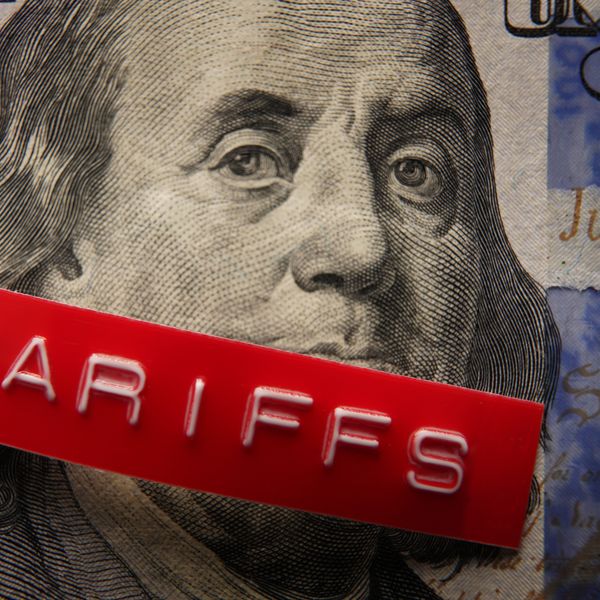Commercial Medical Payments Insurance Coverage Can Prevent Lawsuits
For business owners with retail customers, purchasing medical payments coverage is just one of the many options you have when you buy commercial insurance. Known as “Coverage C – Medical Payments to Others,” or “goodwill coverage," this is a small limit of liability insurance on your policy that extends payment for medical bills to customers or other visitors if they are hurt on your premises. Medical payments coverage pays regardless of fault. It is usually limited to up to $5,000 or $10,000. Whether you purchase this coverage or delete it from your policy often depends on your agent’s recommendation. Agents' opinions vary regarding the necessity and advisability of purchasing medical payments coverage.
For many larger clients, especially those with premises open to the public such as stadiums, theaters, supermarkets and retail stores, many agents recommend deleting the no-fault medical payments coverage for two key reasons. First, they feel it invites fraud. It is an easy way for professional insurance fraud perpetrators to earn a quick $5,000 or $10,000.
Next, to lower costs, Medicare actively seeks injuries where other coverage is available. Often, insurance companies pay bills even when the individual has full medical coverage available through Medicare. Astute adjusters often offered to pay the medical bill portion Medicare did not pay to settle the claim. However, they will probably stop this practice because Medicare has recently tightened their lien rights. In the next few years, this fact may inhibit many insurance carriers from automatically adding med pay coverage to all policies.
Medical payments claims should be reviewed carefully and investigated when they do not feel right. Thorough investigations can reveal the event did not occur, or was staged. One insurance consultant has a strong opinion. “My experience suggests not adding med pay to a commercial general liability policy,” he said. “Fraud involving so called ‘slip and falls’ is a very real problem, particularly with retail establishments. While the premium is minimal for a $5,000 to $10,000 med pay limit, providing med pay coverage can often encourage the insured/carrier to appear eager to settle with a claimant or potential customer without investigating the occurrence. If a claimant is truly injured, they will hire an attorney in order to present their case. If they are not injured and the claim is properly investigated, payment will most likely be denied.”
In the past, business owners often knew their customers. In small towns, this may still be true. If a long-time customer slips and falls on your premises, “Having a nominal amount of money [med pay coverage] to pay claims without any admission of liability is a wonderful good-will tool,” according to John Alberts, an attorney located near Chicago. “While our clients have only occasionally employed this coverage, it has helped them preserve relationships with their clients, especially elderly who may fall on an insured's premises. Further, while there may well be circumstances where we would be concerned about fraud, that has not been my experience in nearly 40 years in the industry.”
If med pay coverage helps avert one claim or leaves your injured customer feeling “taken care of,” claims and suits may decrease. Because each commercial enterprise is unique, I always recommend using independent agents familiar with your industry. Your agent can help you decide if medical payments coverage can help you prevent lawsuits and control costs or is simply an invitation to fraud.



